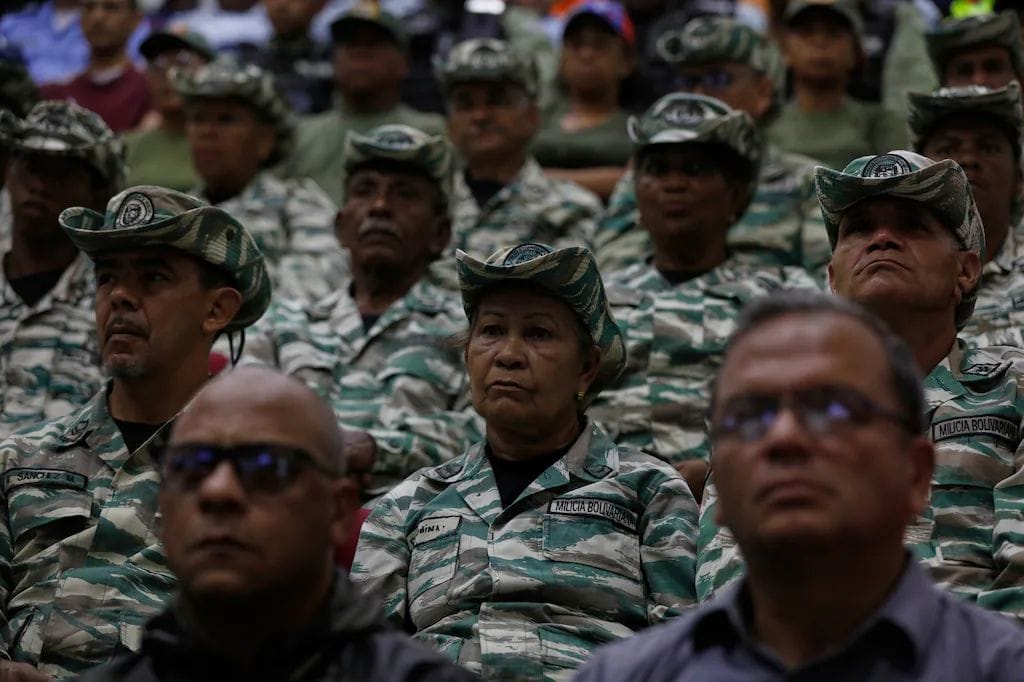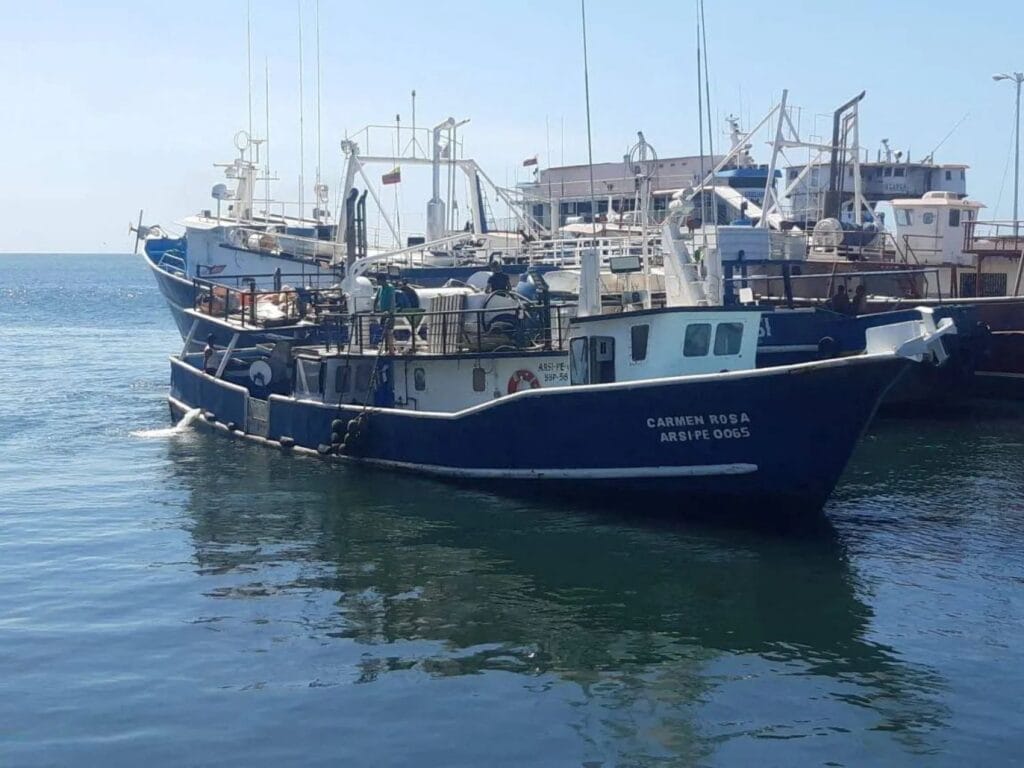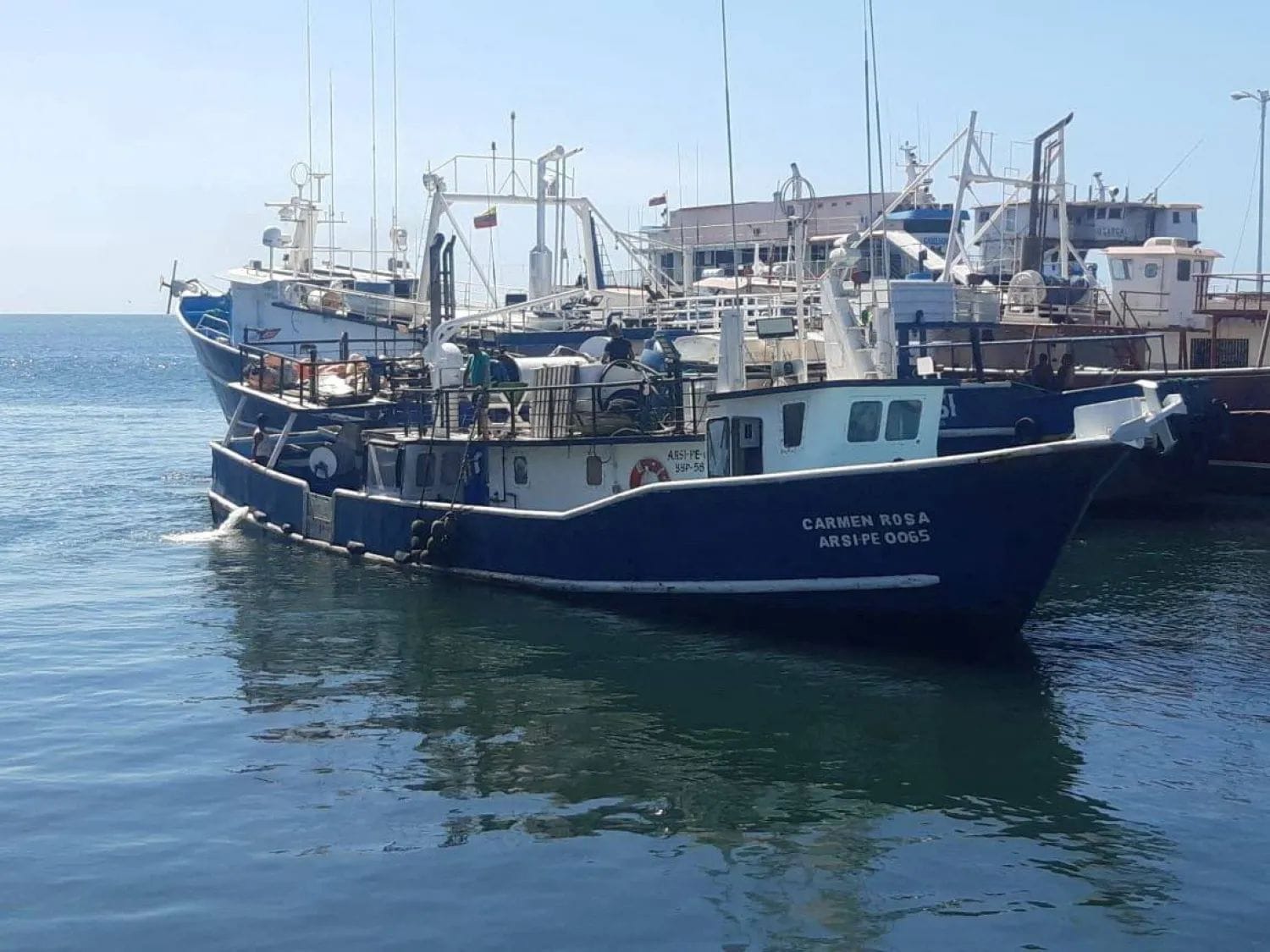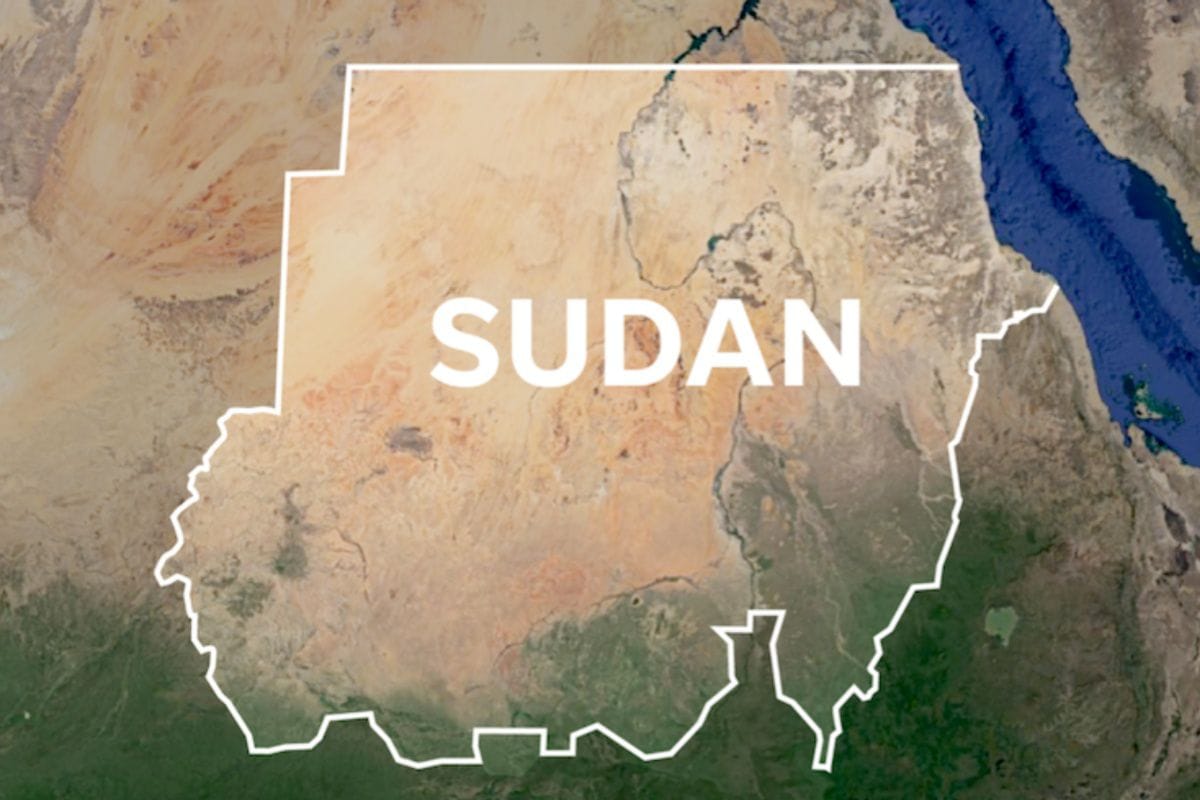The Venezuelan tuna boat incident heightens U.S.-Venezuela tensions, raising alarms over sovereignty, naval confrontations, and regional security.
The Venezuelan tuna boat incident has sharply increased tensions between Caracas and Washington after a U.S. warship reportedly boarded a Venezuelan fishing vessel carrying nine fishermen within Venezuelan waters.
Venezuelan officials condemned the operation as a hostile act, emphasizing that it violated international law and threatened national sovereignty.
U.S. Navy Boarding Sparks Diplomatic Outcry
Foreign Minister Yván Gil described the incident as “illegal and hostile,” reporting that 18 armed U.S.

Navy personnel remained aboard the fishing vessel for eight hours, preventing the crew from communicating or continuing their work. Venezuelan navy forces eventually escorted the fishermen to safety.
Gil emphasized that the tuna boat had official authorization from Venezuela’s Ministry of Fisheries, underlining that the U.S. actions were entirely unwarranted.
Venezuela released photographs and a short video allegedly recorded by the fishermen, showing U.S. personnel on board and the warship alongside the vessel.
“Those responsible for this provocation are seeking an incident that justifies military escalation in the Caribbean,” Gil said.
He added that Washington’s actions were part of ongoing efforts to pursue regime change in Venezuela.
Trump Administration and U.S.-Venezuela Tensions
The Venezuelan tuna boat incident is part of a broader context of rising U.S.-Venezuela tensions.
In August, President Donald Trump ordered the deployment of warships to the Caribbean, citing the fight against drug cartels.
The U.S. has accused Venezuelan President Nicolás Maduro of leading a cartel responsible for smuggling drugs into the United States and recently doubled the reward for his capture from $25 million to $50 million.
Just days before the tuna boat event, Trump announced that U.S. forces had attacked a drug-laden vessel, killing 11 people.
He claimed the ship departed from Venezuela and carried members of the Tren de Aragua gang, though no evidence has been provided to substantiate these claims.
Venezuelan Interior Minister Diosdado Cabello denounced the U.S. account as “a tremendous lie,” suggesting the victims had no links to drug trafficking.
Venezuelan Sovereignty and Militia Mobilization
While the U.S. has deployed over 4,000 troops to the Caribbean, it has not announced any plans for a ground incursion.
Nevertheless, Caracas has called on citizens to join local militias to support security forces in case of potential aggression.
Volunteers have been urged to attend training sessions at military barracks, reinforcing the government’s commitment to defending Venezuelan sovereignty.
Experts note that the Venezuelan tuna boat incident highlights vulnerabilities in regional security.
Fishermen and coastal communities face significant disruption whenever foreign naval forces operate in Venezuelan waters.
Analysts describe the incident as emblematic of the ongoing Caribbean naval dispute, which involves military maneuvers, allegations of drug trafficking, sanctions, and political pressure.
The incident also underscores broader Latin America security concerns.
Naval confrontations in the Caribbean risk escalating if mismanaged, potentially affecting civilian populations and regional stability.
The Venezuelan government has emphasized that while it does not seek conflict, it remains prepared to defend national interests.
Gil reiterated that the people and security forces of Venezuela are united in responding to foreign provocations.
He stressed that Caracas will continue to assert its sovereignty and protect its maritime territory against any threats.
The Venezuelan tuna boat incident is a stark reminder of the fragile state of U.S.-Venezuela relations.

It reflects broader geopolitical tensions in the Caribbean, raises critical questions about Venezuelan sovereignty, and underscores the risks of escalation in regional conflicts.
As both nations maintain high alert, international observers continue to monitor the situation closely, wary of any developments that could destabilize the region further.



